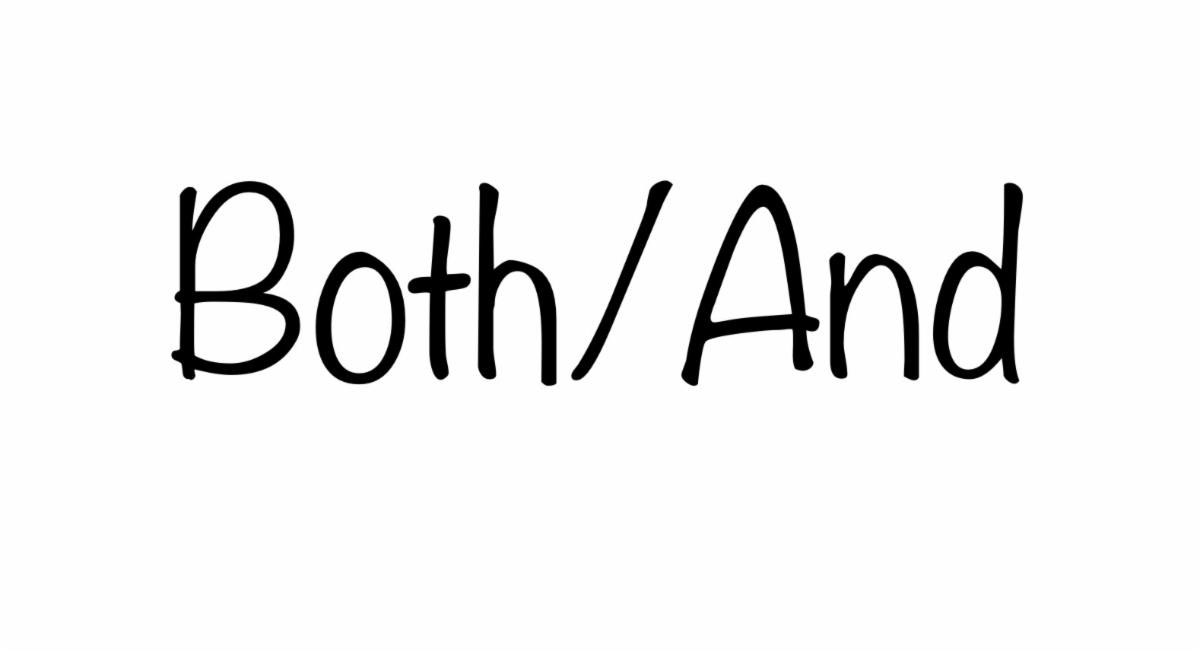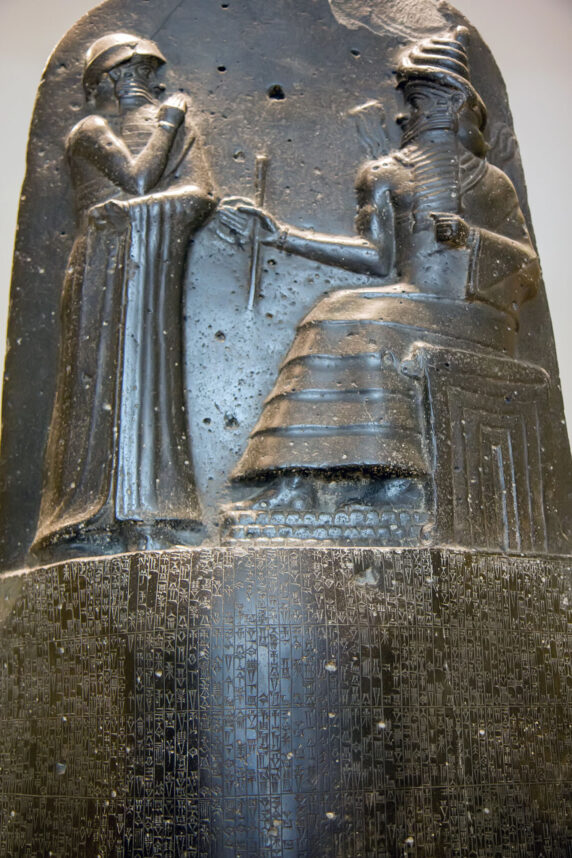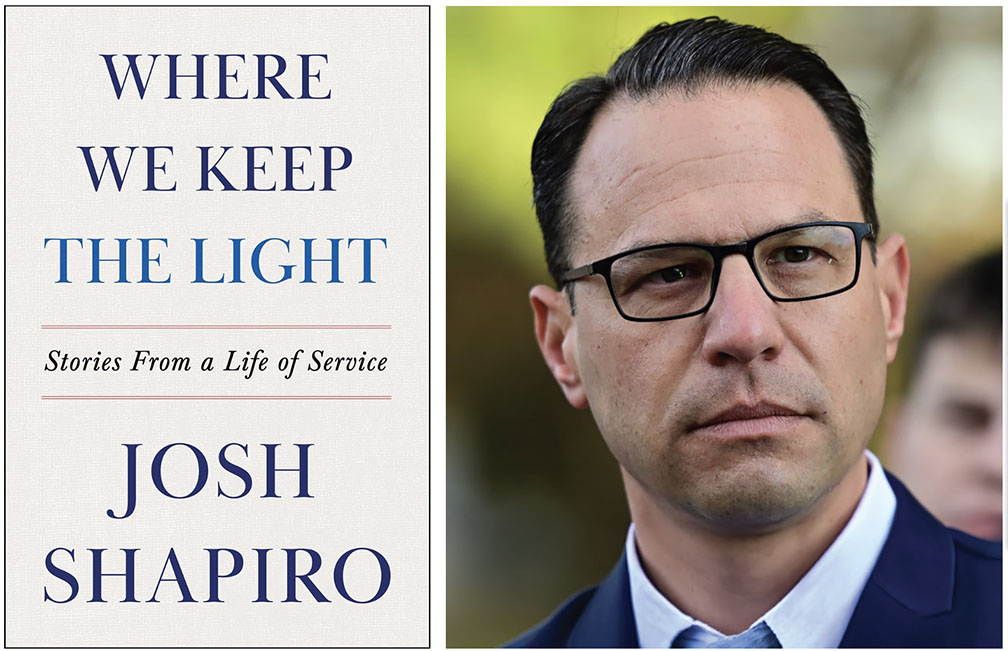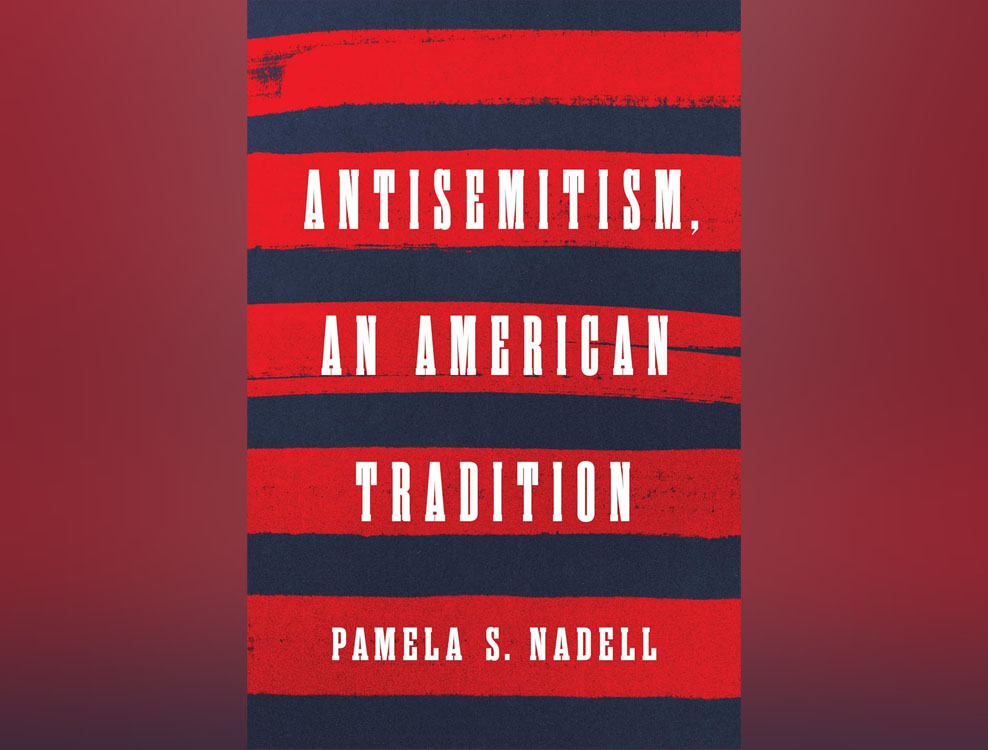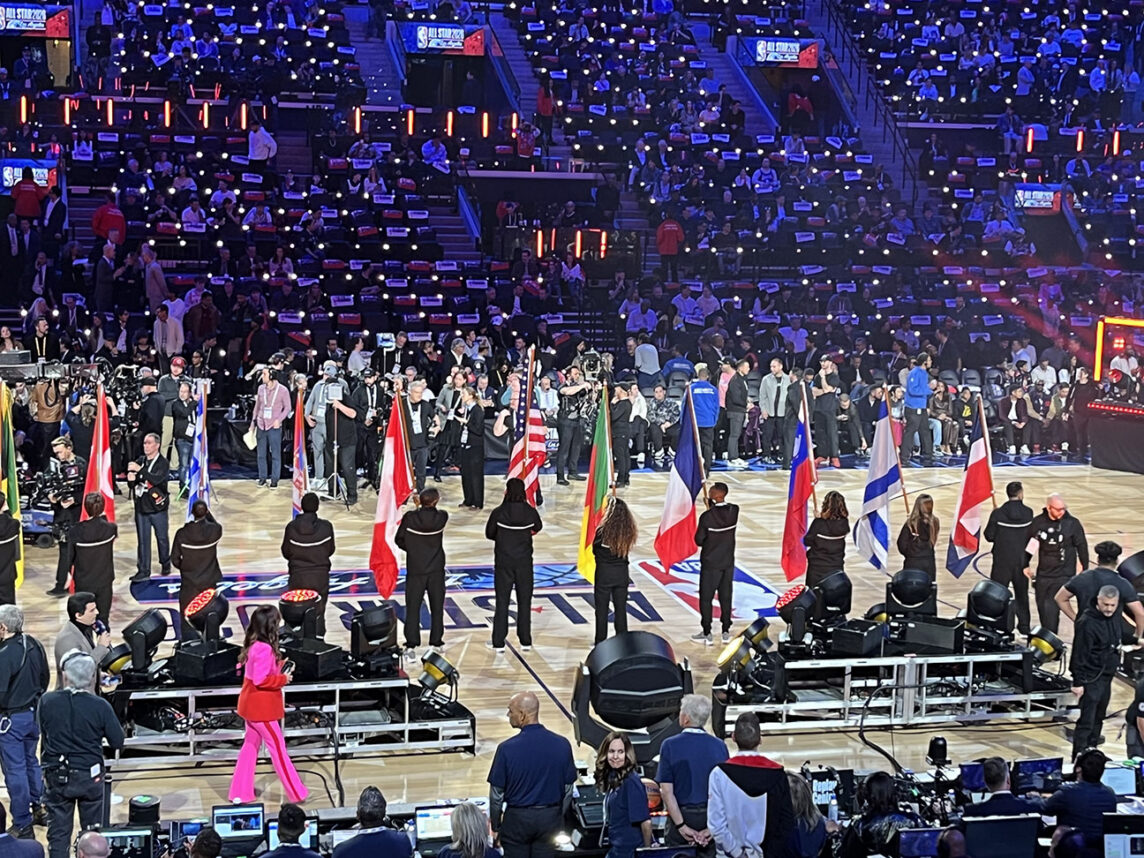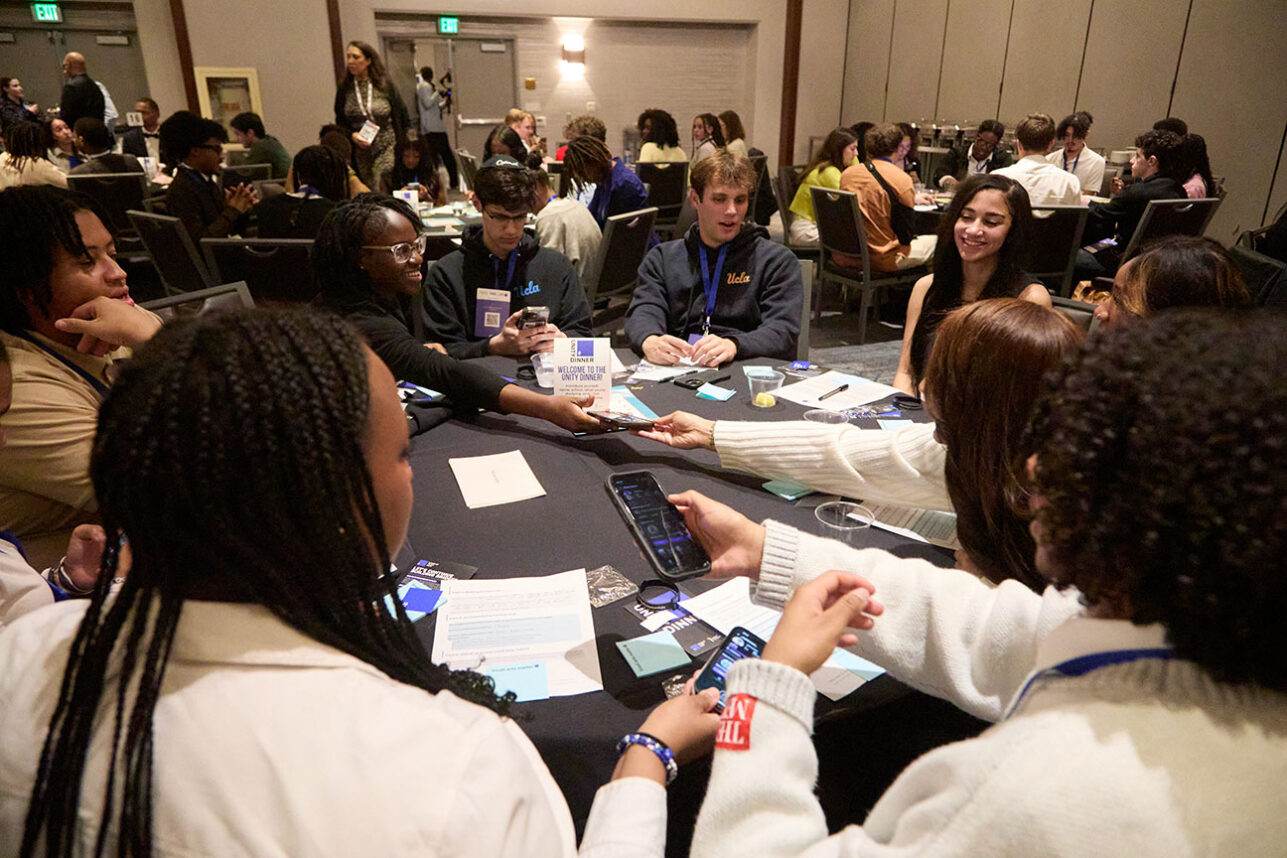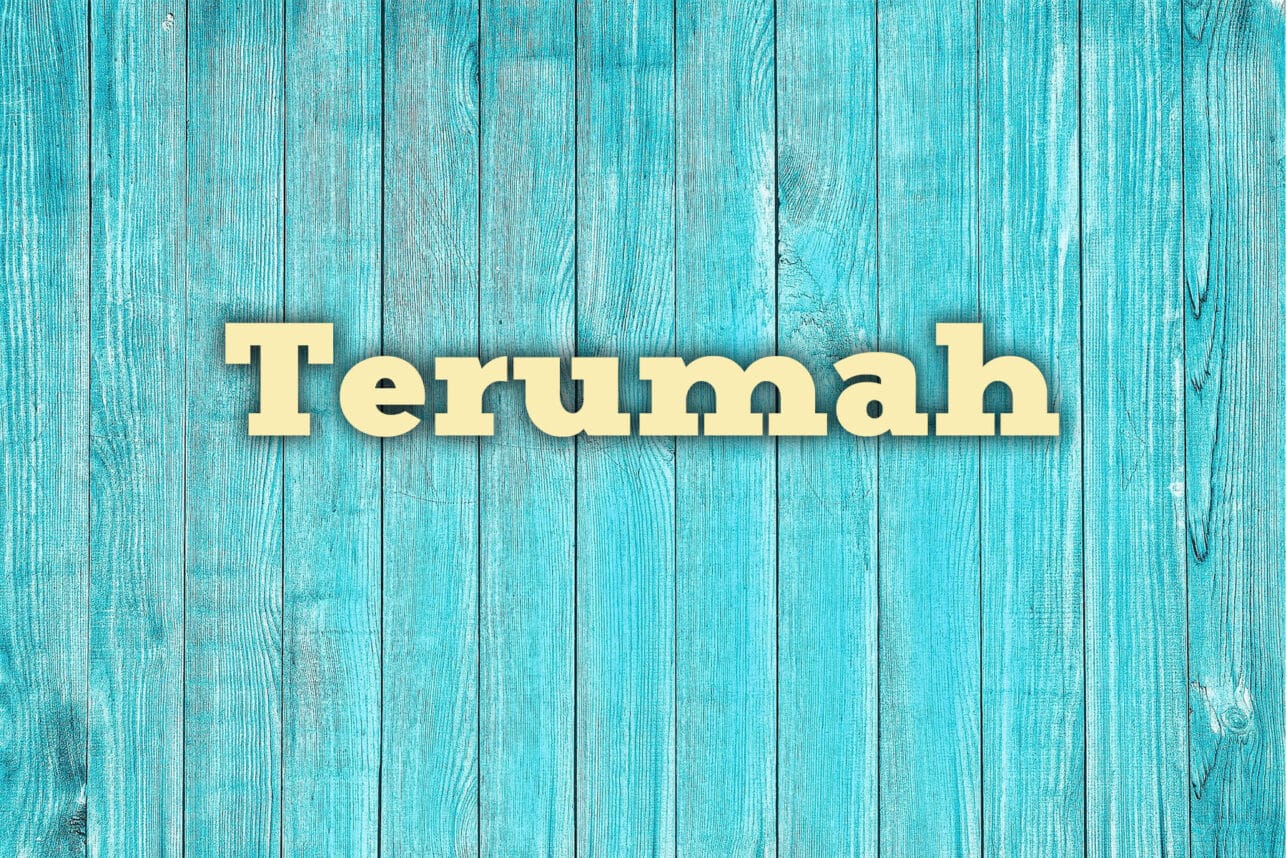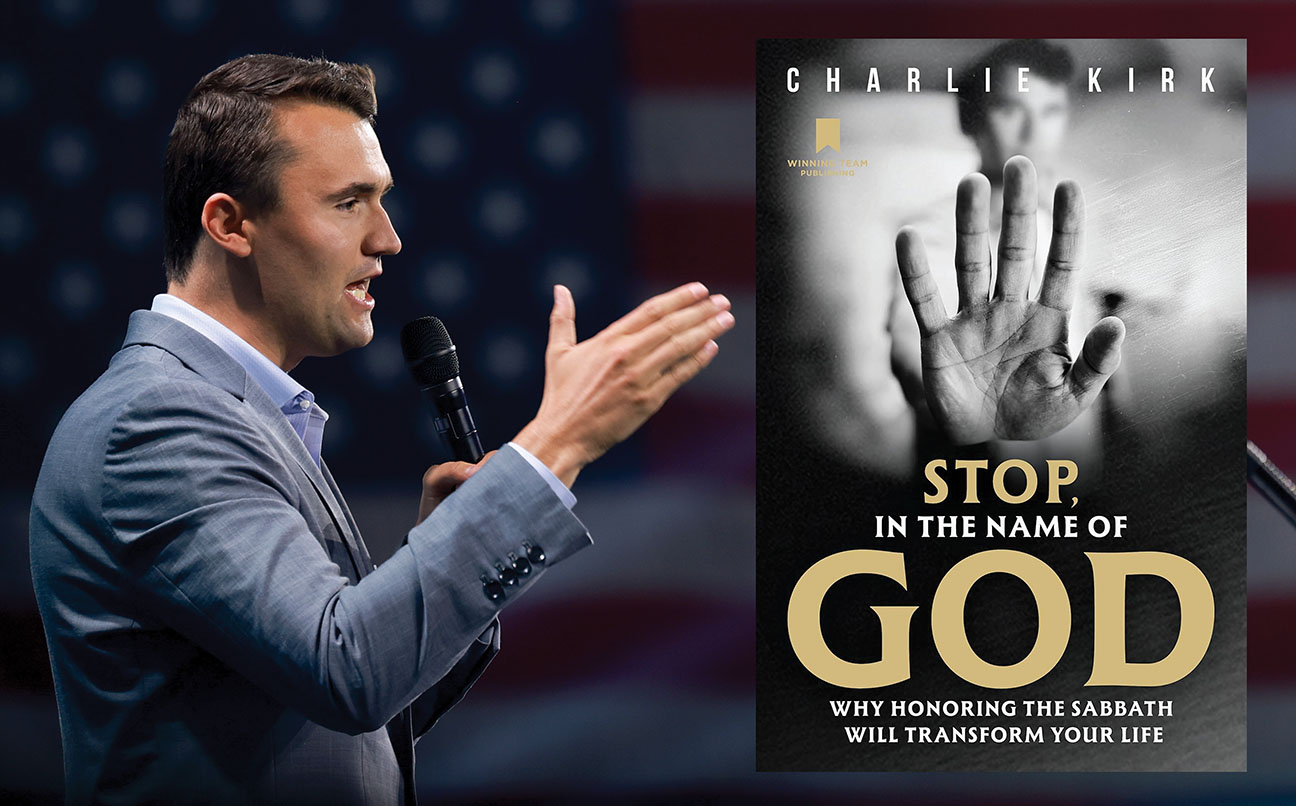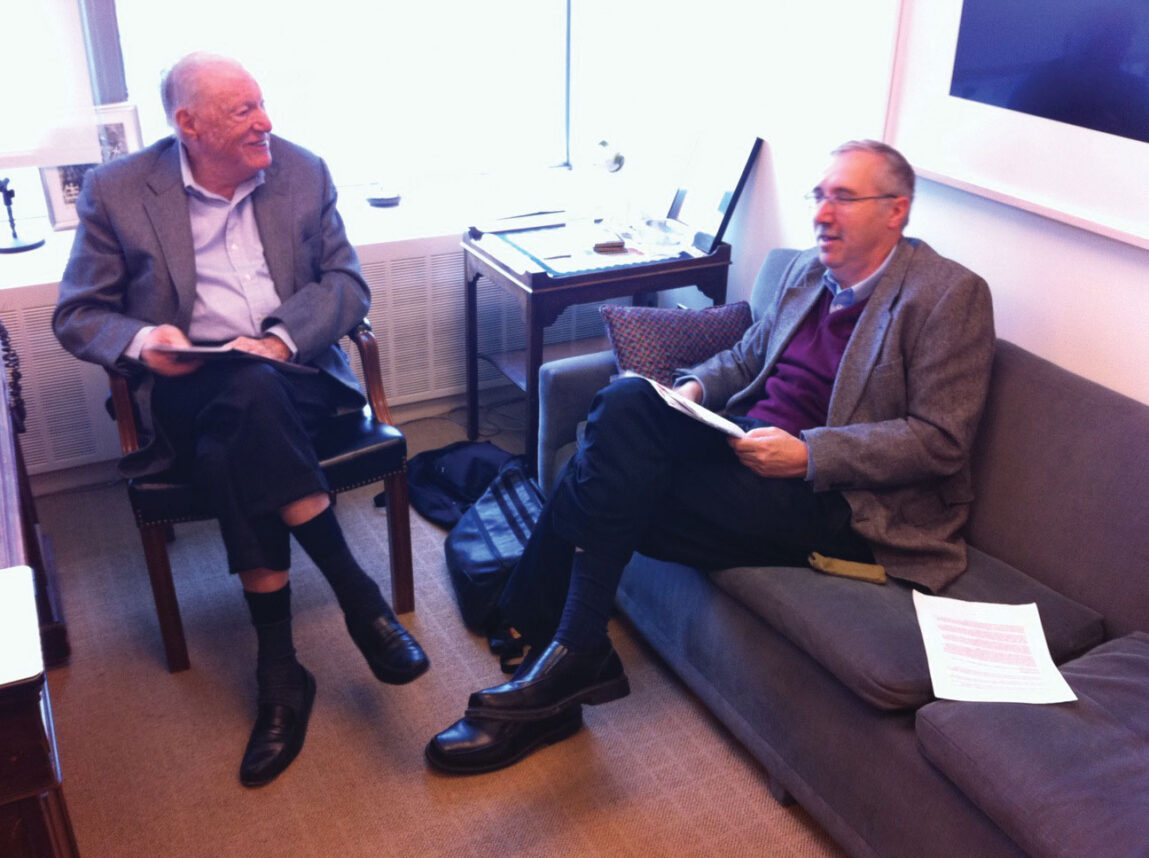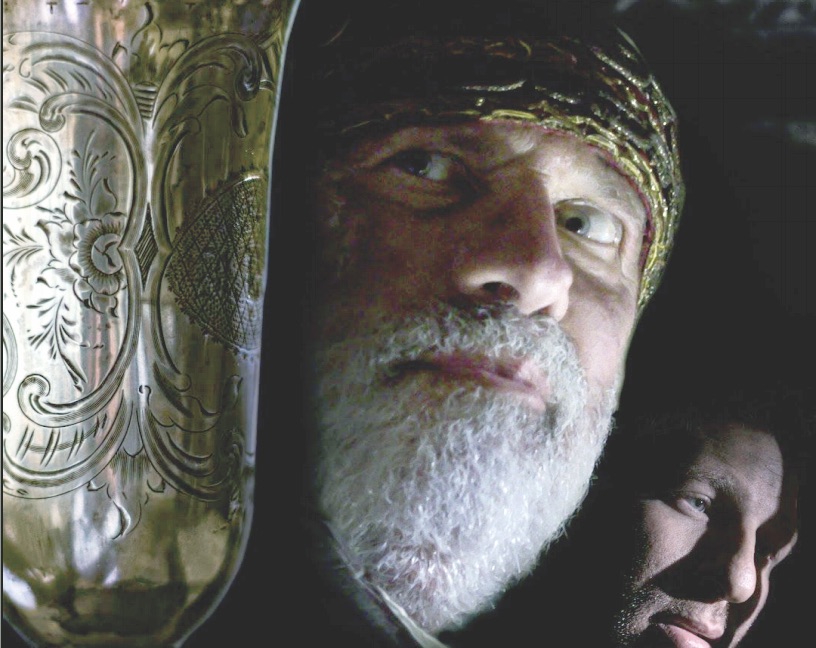
When you think about those quintessentially Jewish professions, you probably go right to doctor, lawyer or — because we’re here in Los Angeles — Jews in entertainment. But you probably don’t think “pirate.” In Arnon Z. Shorr’s short film “The Pirate Captain Toledano,” currently screening at various film festivals, a Jewish story finds its home on the high seas.
“The pirate genre is almost as old as film itself, but the historically grounded Jewish angle is entirely new, and to many audiences, surprising,” Shorr told the Journal after just having returned from the Idyllwild International Festival of Cinema.
In the film, pirates find a stowaway on their ship and their captain discovers a curious connection to the prisoner, involving a Kiddush cup. The story is fictional, but elements of the eponymous pirate captain were inspired by Samuel Pallache, a Moroccan Jew referred to as the “Pirate Rabbi” in Edward Kritzler’s book “Jewish Pirates of the Caribbean,” perhaps the only book devoted to Jewish pirates. There were some known pirates of Sephardic (Spanish and Portuguese) Jewish origin who took to the seas after the Spanish Inquisition, Shorr said.
Because his previous Google searches for “Jewish pirates” yielded mostly anti-Semitic sources, Shorr said that “telling a story about Jewish pirates was my way of reclaiming the narrative from people who’ve been trying to use it against us.”
The Kiddush cup, the filmmaker said, is an authentic piece of antique Caribbean Judaica that belongs to lead actor Stephen DeCordova, who plays the pirate captain. The cup belonged to DeCordova’s maternal grandfather in Kingston, Jamaica. When DeCordova recites the Kiddush in the film, holding his grandfather’s cup, it was the first time he’d done so since his bar mitzvah, decades ago.
“Most people on the planet have never met a Jew, let alone a traditionally observant one.” — Arnon Z. Shorr
Shorr, who identifies as an Israeli-American, Modern Orthodox Jew and whose mother’s family came from Libya, said it was important to depict Inquisition-era Sephardic observance “as genuinely as I could.” For instance, the Kiddush melody used in the film was “certainly old enough that its origins are lost, and comes from a community whose ancestors shared their origin with Jewish pirates and merchants in the Caribbean, but is it as old as the Inquisition? Was it chanted by Jewish pirates on the high seas? There’s no way to know for sure.”
Realizing a period film shot on tall ships would be expensive, Shorr ran a campaign on the Jewish crowdfunding platform Jewcer and raised more than $18,000 to fund the film. The short was locally produced and shot on a replica ship owned by and located at the Ocean Institute in Dana Point.
Since its premiere at the Los Angeles Jewish Film Festival in May 2017, the film has been selected for or honored at almost 40 film festivals and competitions worldwide, the vast majority in cities with little or no significant Jewish population. In April, it will be at Jaipur Film World (Rajasthan State, India) and in Tangier, Morocco (Cap Spartel Film Festival) — the first screening in Africa and in a Muslim country.
“Most people on the planet have never met a Jew, let alone a traditionally observant one,” Shorr said. “If we are to counter their prejudices by sharing our stories and characters with them, we need our depictions to be genuine, accurate and true.”
Shorr, who grew up in an Ashkenazi world with Sephardic heritage, knows well that there are many kinds of Jewish stories.
“I was fortunate to experience a diversity of Judaism that many of my friends couldn’t fathom. While we concern ourselves with how we are seen by the world, I think it’s equally important for us to spend some time rediscovering each other. There is so much richness in the diversity of Judaism, but most of us don’t get a chance to experience it.”
For information about upcoming screenings, festivals and to purchase the DVD, visit facebook.com/jewishpirates.











